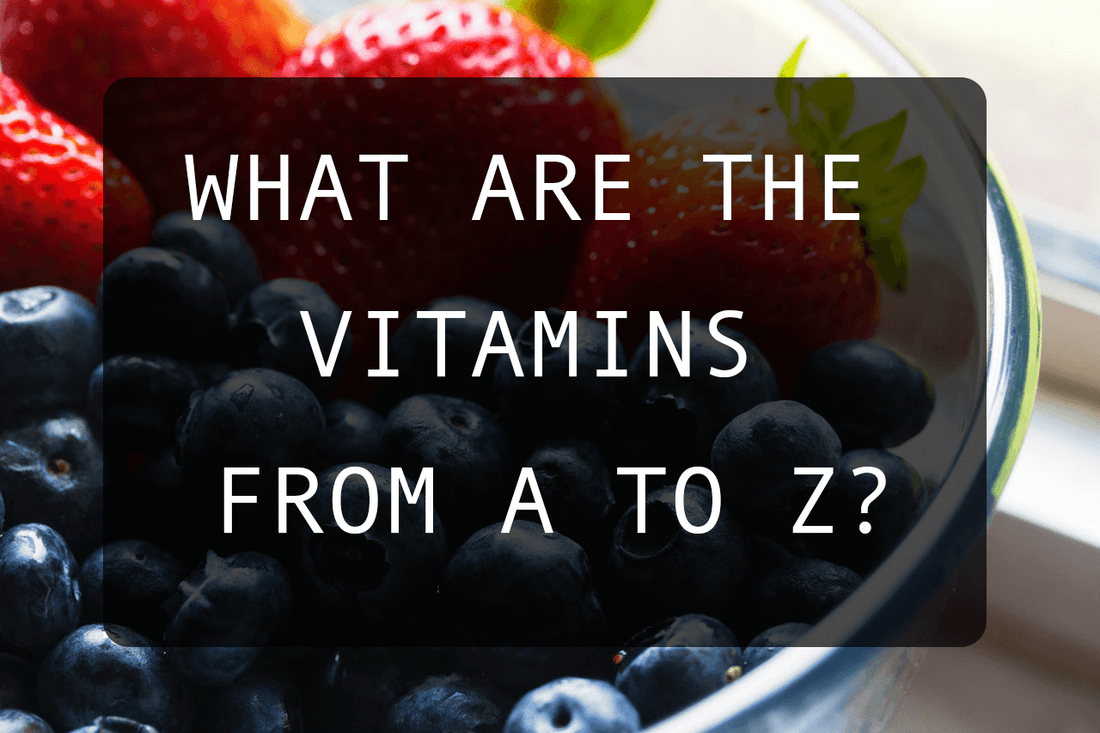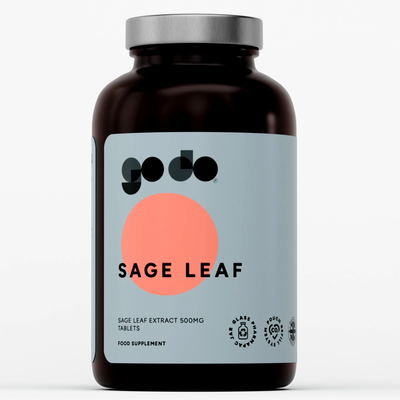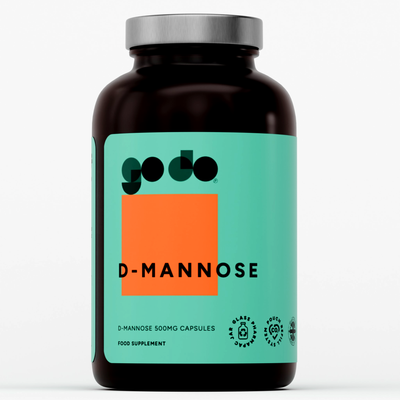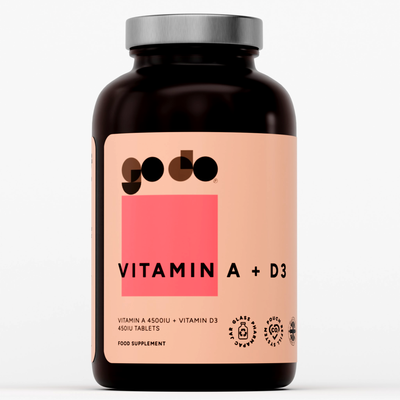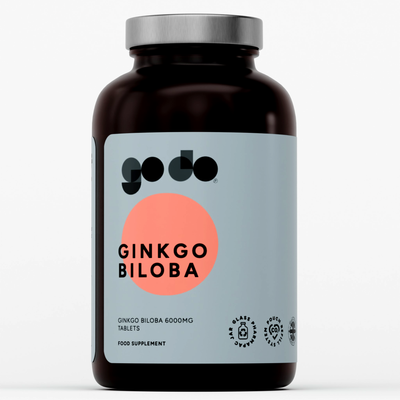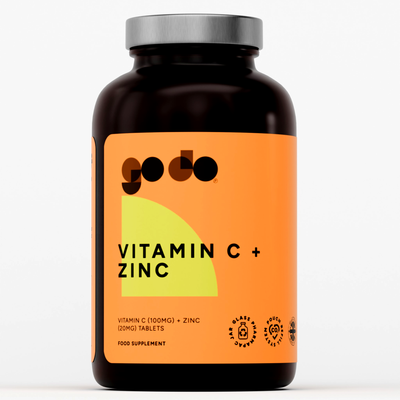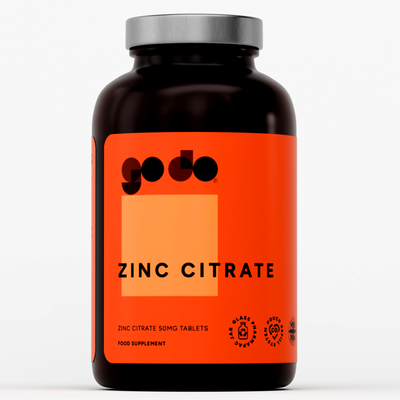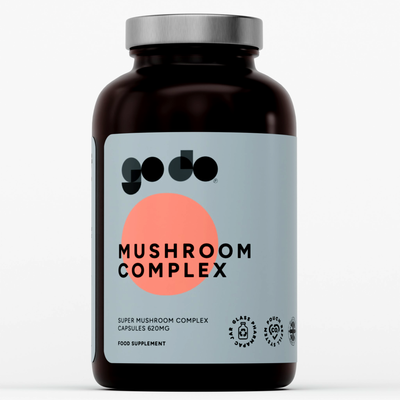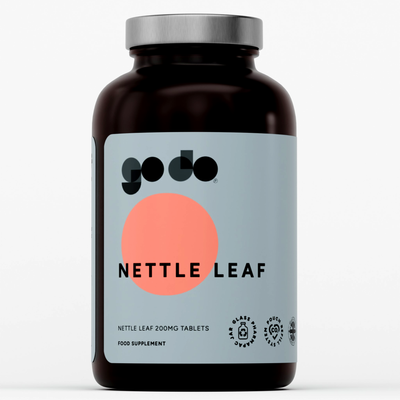Vitamins are essential organic compounds that are needed by the body to stay healthy and function properly. The body does not synthesize these essential nutrients in sufficient quantities and therefore they must be obtained in the form of food.
There are two types of vitamin:
Water soluble These are the vitamins that are dissolved in water and must be replaced everyday because body does not store these vitamins. Vitamin B1, B2, B3, B5, B6, B7, B9 , B12 and vitamin C are water soluble.
Fat soluble These are the vitamins that are stored in the liver and adipose tissue . A,D, E and K are fat soluble vitamins.
Below is the list of all the vitamins from A to Z:
Vitamin-A
Vitamin A is an antioxidant that is essential for healthy teeth, bones, eyes, immune system and cell growth.
Source: The two types of vitamin A are: retinoids that come from animals and can be found in milk, liver and certain fortified foods. Carotenoids that comes from plants are found in Carrots, sweet potatoes, and green leafy vegetables such as spinach, kale.
The deficiency causes : Night blindness and loss of vision.
Vitamin B-1 also called Thiamine turns food into energy, and it also has a vital role in the function of various cells.
Source: Fish, bean, lentils.
The deficiency causes: beriberi, which damages the nervous system and heart functioning.
Vitamin B-2 also called riboflavin helps the body to produce red blood cells and is also important for energy metabolism.
Source: milk and milk products, whole grain, molasses
Mushrooms
Deficiency causes: Mouth ulcers, tongue inflammation.
Vitamin B-3 or niacin is a part of an enzyme that is important for the nervous system.
Source: Meat, poultry, fish, cereals.
Deficiency causes: memory loss, headache, fatigue and circulatory problems.
Vitamin B-5 or pantothenic acid converts fat to energy and synthesize cholesterol.
Source: avocado, lentils, poultry, liver, mushrooms.
Deficiency causes: Burning feet, vomiting, fatigue and upper respiratory infection.
Vitamin B-6 or pyridoxine is needed for the production of hormones as well as for processing amino acids.
Source: Banana, nuts, chickpeas, beef liver.
Deficiency causes: Lethargy, weakened immune function.
Vitamin B-12 is vital for the production of new cells and DNA.
Source: Orange juice, liver, seeds, fish ,meat, poultry, eggs.
Deficiency causes: thinning of stomach lining, immune system disorders, anemia.
Vitamin B-7 or Biotin is used by the body in the process of metabolism.
Source: Raspberries, avocado, green leafy vegetables, walnuts, sardines.
Deficiency causes: hair loss, lethargy, hallucination.
Vitamin B-9 or Folic acid helps form red blood cells, together with B-12. It is also required for the production of DNA.
Source: Citrus fruits, spinach, avocado, asparagus, eggs.
Deficiency causes: Anemia, weight loss, fatigue.
Vitamin B-12 is important for metabolism and to maintain the central nervous system.
Source: Liver, salmon, egg,meat, poultry.
Deficiency causes: Anemia and neurological problems.
Vitamin C or Ascorbic acid is required to form blood vessels, cartilage, muscle, and collagen in bones.
Source: Citrus fruits, and vegetables such as Brussels sprouts and capsicum.
Deficiency causes: Bleeding gums, hair loss, bone fragility.
Vitamin D also called the sunshine vitamin is essential for the formation and strength of bones and teeth. It also has an important function in regulating blood pressure.
Source: The main source of vitamin D is sunlight. It is also found in fish liver oil and eggs.
Deficiency causes: softened bones, tooth decay, kidney failures, and seizure disorders.
Vitamin E or tocopherol is an important antioxidant that helps the immune function and it also helps the body to form red blood cells and use vitamin K.
Source: Green leafy vegetables, most seeds, peanuts and peanut butter, vegetable oils.
Deficiency causes: Weakened immune system, nerve, and muscle damage and vision problem.
Vitamin K is crucial because it helps with coagulation, better known as blood clotting and bone metabolism.
Source: Green leafy vegetables, Brussels sprouts, broccoli, cauliflower, fish liver, meat.
Deficiency causes: Hemorrhage and anemia.
